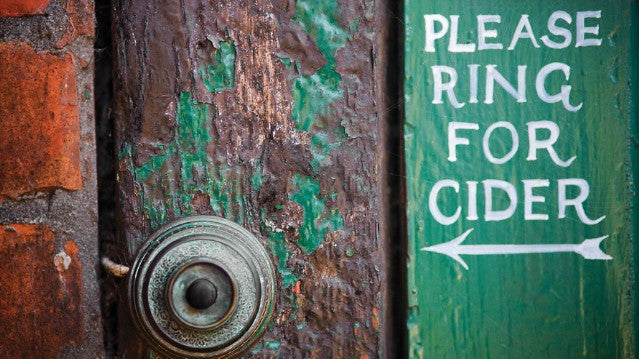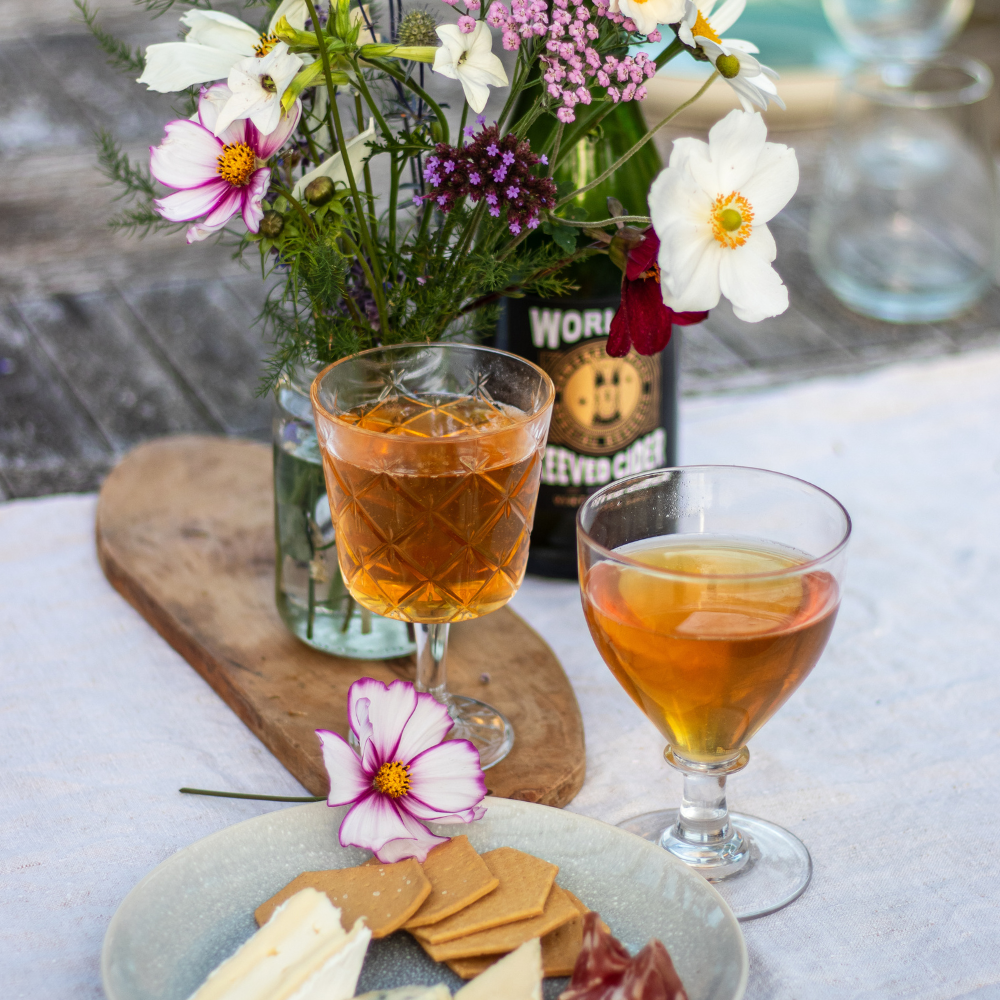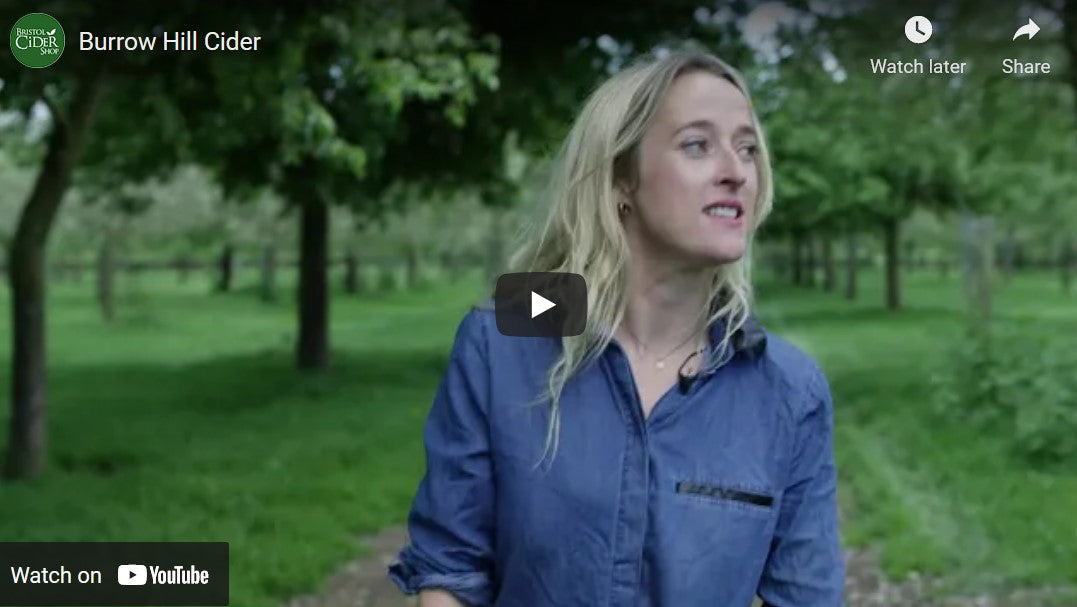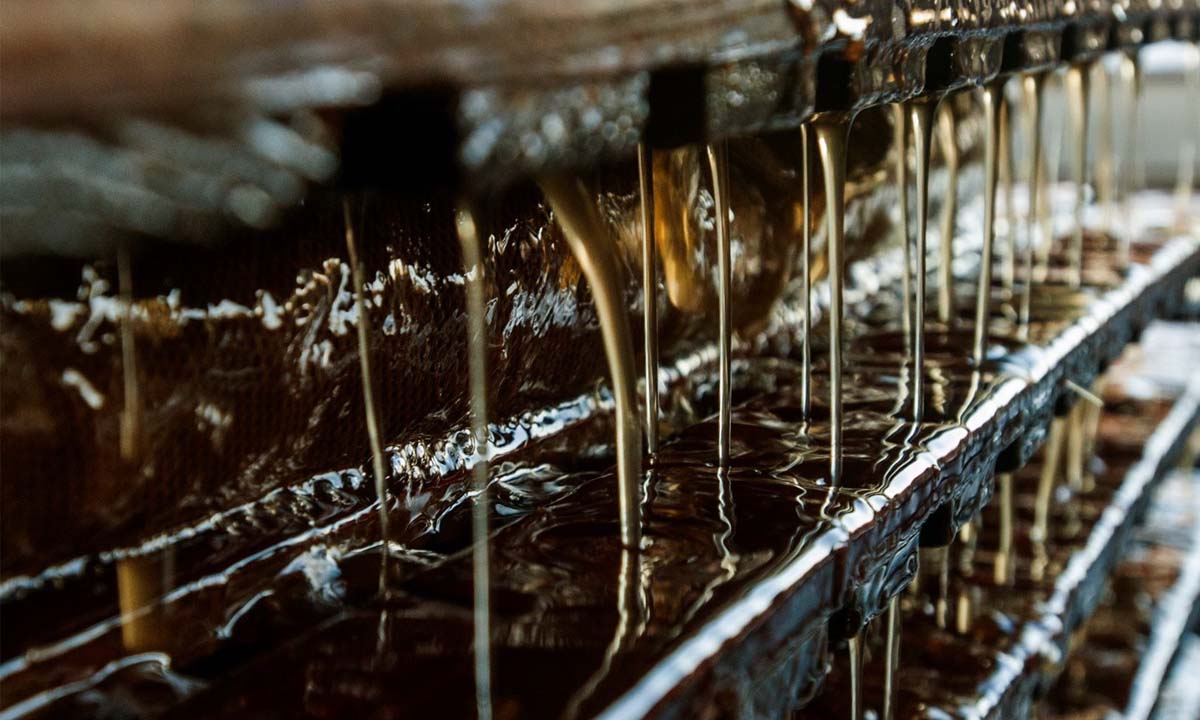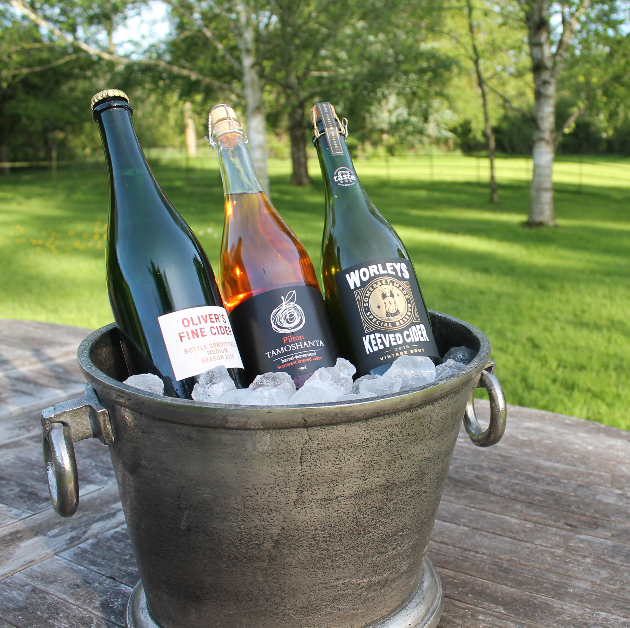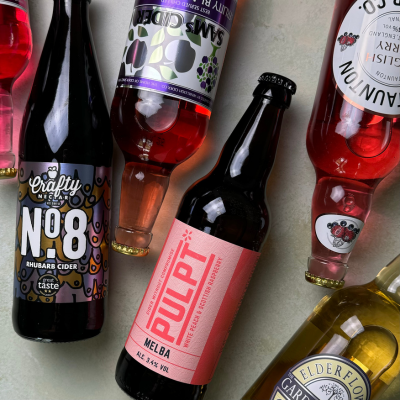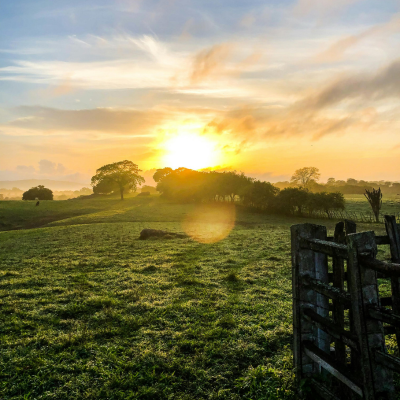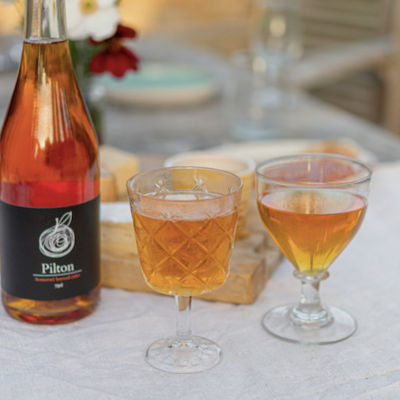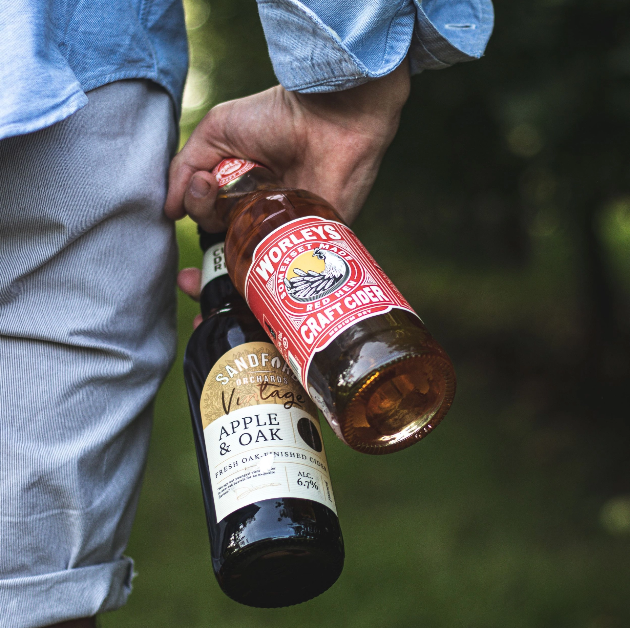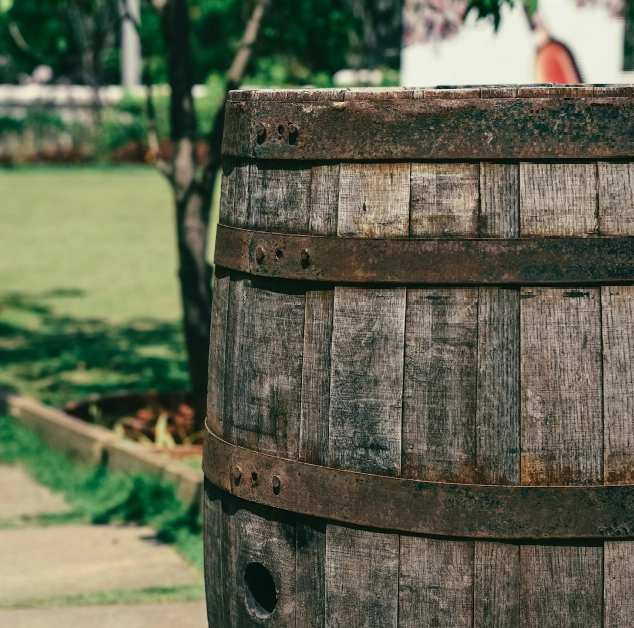Don't get us wrong, we love to talk about all things cider. We live, breathe and work the stuff daily, so trust us, we really don't mind an extra chat or two about the good stuff. However after many a year in the business, it's clear there are a few hot topics people always like to discuss.
This is our rundown of our top 10 most asked questions about Craft Cider:
- What’s the best cider?
It’s the question we get asked the most and is the easiest one to answer. The best cider is always the one that’s best for YOU. After 15 years of delivering and participating in cider tastings, the one thing you can rely on is that every single person that picks up a glass, has different tastes. And what’s best for one person isn’t best for the next person.
We believe passionately that there’s a cider for everybody and it’s our job to help you find it. That’s why we're passionate about selling mixed cases – so you can try a selection of different ciders and decide which ones are best for you. If you’re not sure where to start, why not try our hugely popular Award-Winning Cider Mixed Case?
- What’s the most popular cider?
This is a bit like the ‘best’ cider question above – the most popular cider isn’t necessarily the right cider for you – although it does provide a useful place to start. The most popular styles are medium or medium-dry and more people prefer sparkling to still. Try our Medium Sweet or Dry Craft Cider Mixed Case.
Or if you want to learn more about cider and really get to grips with what types of cider you prefer, why not try one of our Cider Tasting Kits. We offer three different types, suited depending on your experience and each one takes you through a variety of tastes and styles with full tasting notes on each.

Our hugely popular introductory Cider Tasting Kit
What’s the strongest cider?
If we had a pound for every time someone asked us this! Alcohol is essentially fermented sugar, so the strength of a cider depends on how much sugar is in the apple. This in turn depends on the variety of apple and how much sunshine there was when the apple was on the tree.
Most cider apples, when traditionally fermented, produce cider which is about 6%. Eating apples can produce stronger cider, which is more in the region of 7% (hence Kentish cider tends to be stronger than West Country cider). And a few apples, especially after a very sunny summer, can produce cider which is up to 8%.
Cider will rarely be over 8% unless you add additional sugar to the fermentation process to create artificially strong cider (this process is called Chaptalisation in wine-making). We think natural cider is strong enough so we’re not big fans of this process – or of the resulting cider – and this is why we don’t make a point of selling strong cider.
The strongest ciders we sell are in our Vintage Case which are around 7%.
- Who makes the best cider?
The diplomatic answer is: The best producer is the one that makes the cider that you like the most.
The real answer is: We can’t answer this question without upsetting all of our other producers!
- What is dry cider?
This is a good question and one that confuses a lot of people. In cider terms, dry is simply the opposite of sweet, so dry cider is cider that doesn’t have any sugar in it - this could either be natural sugar from the apple or added sugar. When cider is fermented, the yeast turns the sugar into alcohol and only when it has turned all of the sugar into alcohol, are you left with completely (bone) dry cider.
This is the way that cider was traditionally served, but it is extremely dry and not to most people’s tastes. We’ve had thousands of people in the shop over the years asking for ‘dry’ cider and when they’ve tried proper dry cider they’ve realised that they don’t want dry cider at all!
This is further confused by the commercial cider brands that like to describe their cider as ‘dry’, when really it’s anything but dry! We’ve never understood why they do this but it just means that we have to check with customers how dry they actually want their cider.
Top tip – if you don’t know how dry you want your cider, we’d always recommend trying medium-dry first as a lot more people like medium-dry than proper dry! But if you really want to try some dry cider, then try our Dry Craft Cider Selection.
- Do you sell French cider?
Absolutely, out French Breton Sparkling Cider Mixed Case is one of our best sellers, and for good reason! A trio of 750ml, champagne style bottles, French cider makes for a lovely, lighter alternative to Prosecco or other sparkling wines, particularly on a hot summers day or to be enjoyed with a meal. Most French cider is Keeved and Bottle-Conditioned, why not take a look at our Beginner's Guide to Craft Cider for more information.
For a great selection of ciders made in the same way, we've also put together a Fine Cider Trio of French style ciders made by some of our favourite UK producers.

Our bestselling French Breton Sparkling Mixed Cider Case
- Do you sell Thatcher’s Gold?
Back in the day, we used to get this question a lot in the old Bristol Cider Shop! We don’t sell Thatcher’s Gold because, due to the sheer scale of production, it’s made from concentrated juice. We’ve got nothing against Thatcher’s at all – they’ve done a huge amount for the cider industry – it’s just not what we sell.
If you like Thatchers Gold, why not let us help you discover something new from the world of Craft Cider. In terms of sweetness, we’d class Thatcher’s Gold as medium-sweet. That surprises people because it says medium-dry on the can, but commercial ciders tend to be sweeter than craft ciders, so what they call medium-dry we call medium-sweet. In terms of strength, it’s 4.8% which is lower than most craft ciders, which tend to be closer to 6%, but similar to a lot of other commercial ciders. In terms of style, we’d class it as an easy-drinking session cider.
If you’re looking for something similar, we’ve put together a selection of craft ciders which have similar characteristics in our Sunshine Cider Case. Why not try out six of the best craft cider makers in the UK and see if they can give Thatcher’s a run for their money?!
- Do you sell Henry Weston’s Vintage?
As with Thatcher’s Gold, we don’t sell Henry Weston’s Vintage because, due to the sheer scale of production, it’s made from concentrated juice. And as with Thatcher’s, we’ve got nothing against Weston’s at all – they’ve also done a huge amount for the cider industry – it’s just not what we sell.
In terms of sweetness, we’d class Henry Weston’s Vintage as medium-sweet. That surprises people because it says medium-dry on the bottle but commercial ciders tend to be sweeter than craft ciders so what they call medium-dry we call medium-sweet. In terms of strength, it’s very strong at 8.4% which is as strong as cider can be before it is classed as apple wine! In terms of style, as the name suggests, it’s a vintage cider.
If you’re looking for something similar, we’ve put together a selection of vintage ciders which have similar characteristics in our Vintage Case. Again, if you're a fan of Henry Weston's Vintage, we'd love for you to make the switch to our full juice, craft cider alternatives, and let us know what you think.
- Do you sell Black Rat?
This is another question we get asked a lot. It’s a bit confusing because there are a few different varieties of Black Rat available – sparkling bottles, sparkling cans and traditional (still) cider – and they are all slightly different. The one we get asked about most is the traditional cloudy one.
In terms of sweetness, we’d class Back Rat as a fruity medium. It says medium-dry on the box but, as with Thatcher’s Gold (above), the words medium and dry mean different things to different people! It’s 6% so is a good strength for a traditional cider and in terms of style, it is an easy-drinking farmhouse cider.
If you’re looking for something similar, our favourite traditional cider is our Somerset Cider Co 10L Medium. Available in a 10 litre bag-in-box, which are great for parties, BBQs, festivals and weddings and keep the cider fresh in a cool, dry place for up to a month.
- Do you sell Lilley’s Bee Sting?
The short answer is no! We’re a bit old-fashioned when it comes to pear cider and we only sell proper perry. See 'What’s the Difference Between Perry and Pear Cider' in our Beginner's Guide to Craft Cider.
If you’d like to try some proper perry, why not try our Craft Perry Tasting Case? Although be warned that is very different to pear cider! If you like it sweet and fruity maybe try our Proper Fruit Cider Case?

